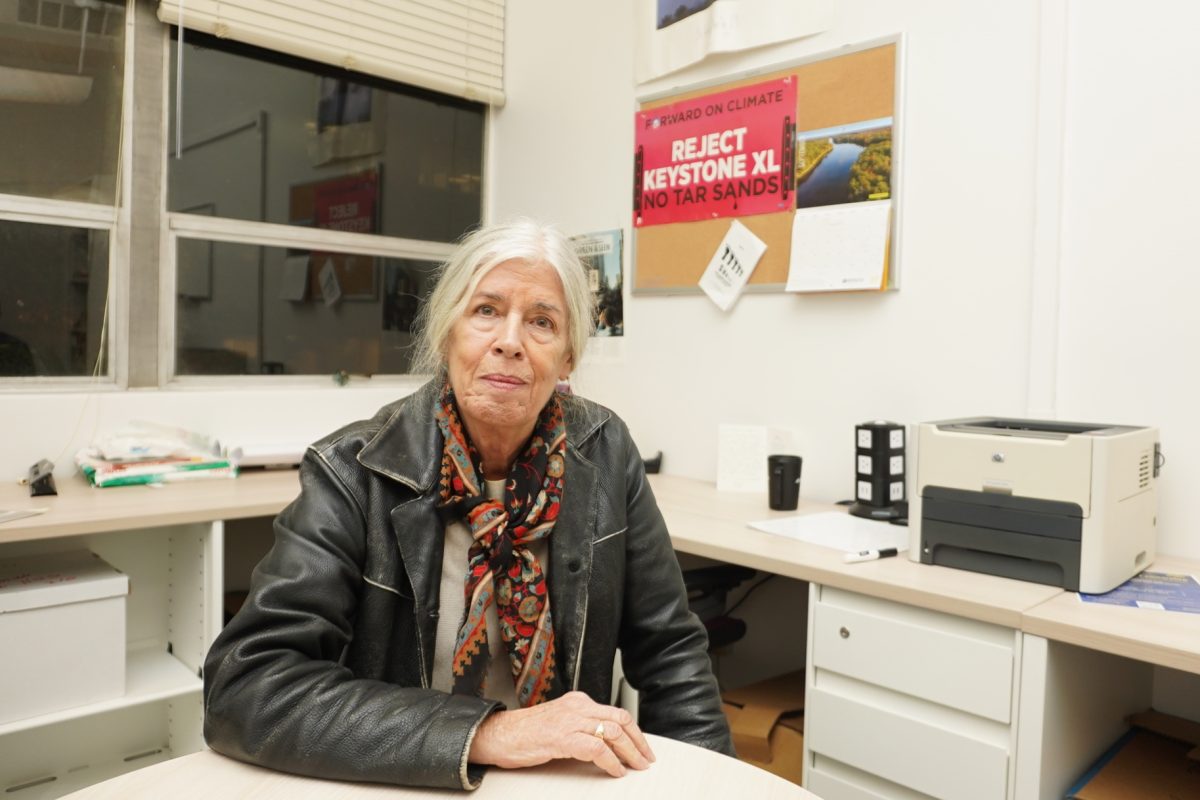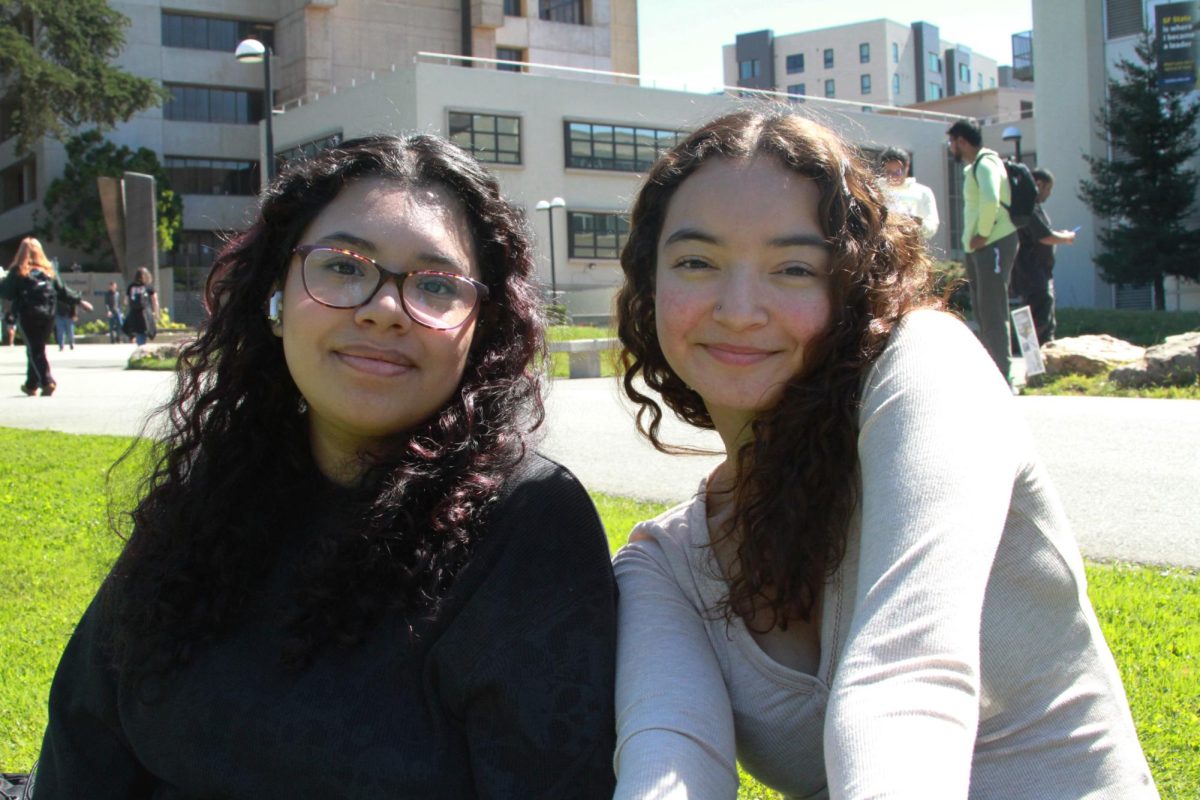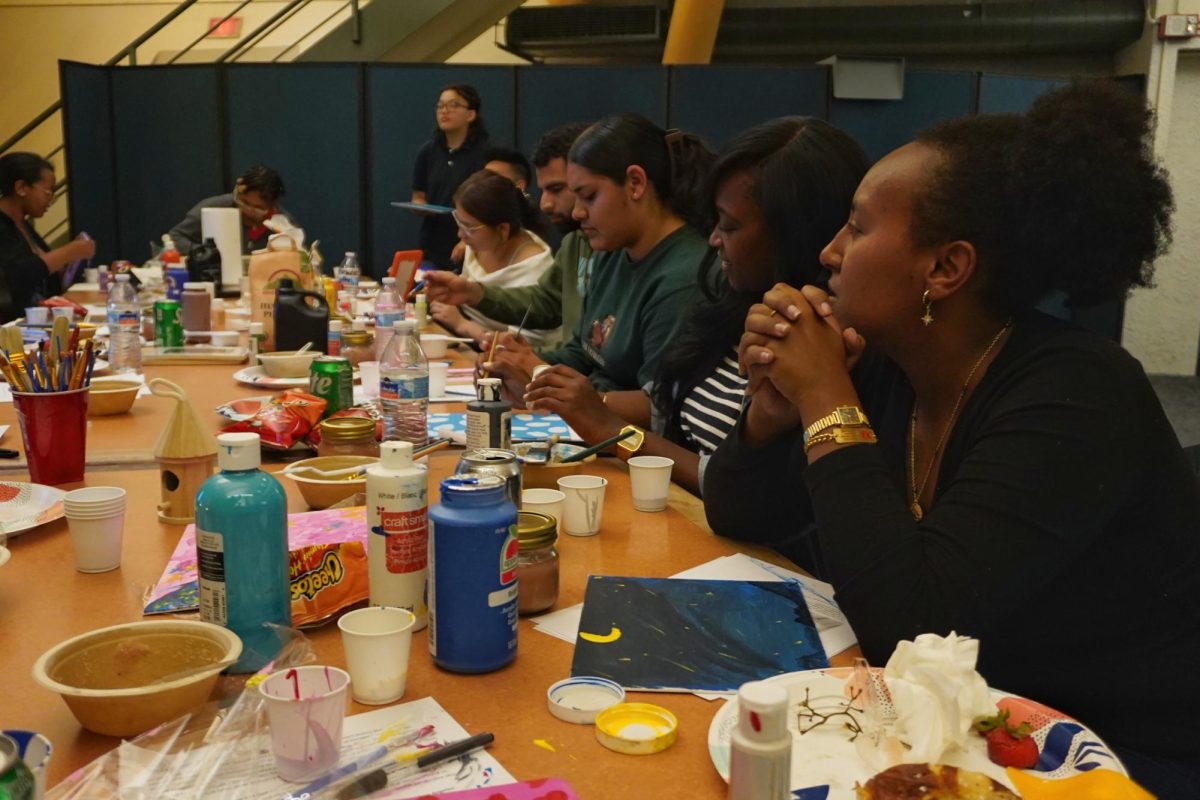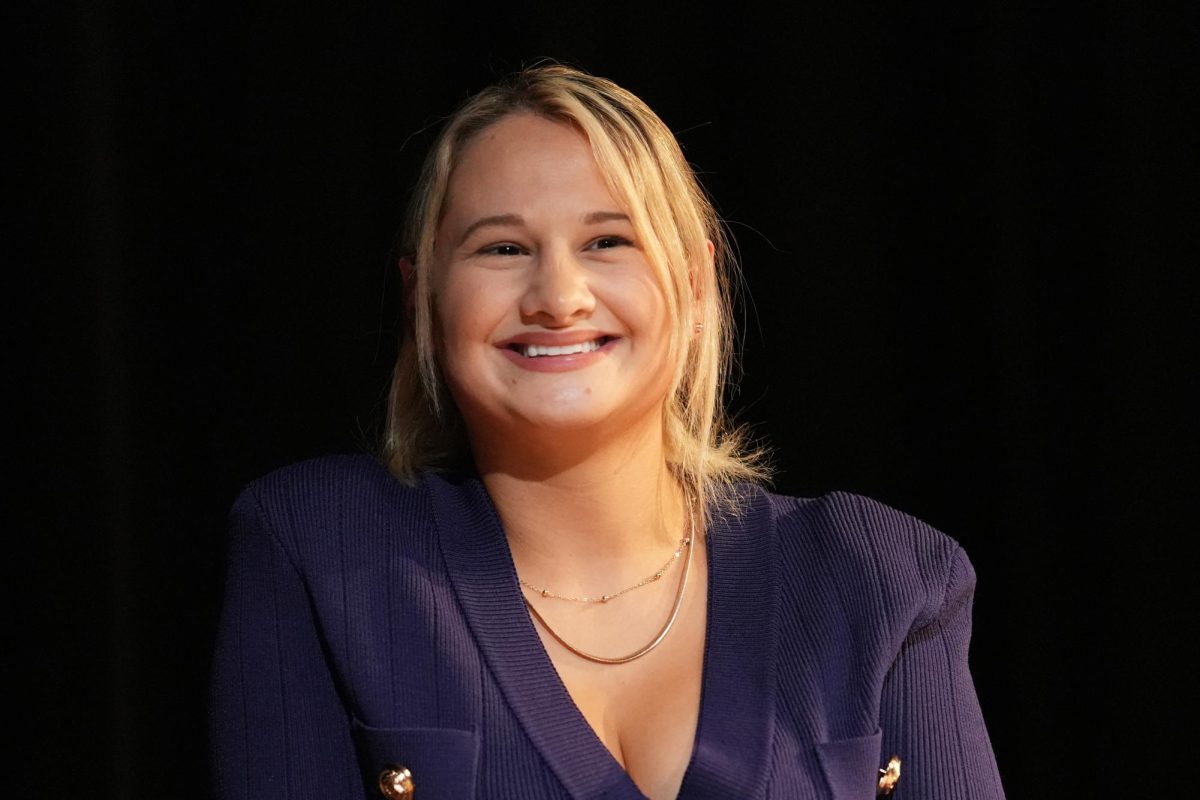In the late ‘90s, Glenn Fieldman was a lecturer at San Francisco State University’s International Relations program when she noticed flyers advocating a new environmental studies program on campus. Fieldman agreed with this idea and spent the next few months attending meetings with faculty members from various fields and departments.
The meetings focused on reviewing syllabi from all over campus to ensure the inception of an interdisciplinary program encompassing the social, biological and physical sciences and humanities.
Fieldman noted the importance of having diverse fields in the program and how mediums of storytelling, journalism and film help inform and educate people about current environmental issues.
“We really wanted to create an interdisciplinary program because, as important as the natural and physical sciences are, it’s pretty clear from what’s going on now that some of the big obstacles in the way of acting on what scientists tell us we need to do are political,” she said.
Fieldman grew up during the ‘60s when the Civil Rights Movement and the Vietnam War were polarizing social issues in America. Like most people from her generation, Fieldman witnessed people being deprived of their rights and advocated against social injustice.
Her mom grew up on a ranch in Eastern Montana and worked for the Forest Service as a fire lookout, while her Dad was a field geologist. Their passion for the outdoors rubbed off on Fieldman, who was fascinated by insects she observed outside and believed that she would grow up to be an entomologist.
Today, Fieldman is primarily involved in off-campus environmental work with Fossil Free California and the City of Brisbane’s Open Space and Ecology Committee.
Brisbane’s Climate Action Plan was adopted in 2015 to help the City identify its sources of emissions and reduce them, such as emissions from vehicles, buildings, and infrastructure.
Fieldman has spent most of her time working on this Committee and participating in meetings to address how the City can promote energy conservation and educate the community about its environmental benefits.
At Fossil Free California, Fieldman contributes to the organization’s research on pension fund investments and fossil fuels. She played a significant part in the passing of the Brisbane divestment resolution to move the city away from the fossil fuel industry to be socially responsible, one of the first of its kind in California as a municipal resolution.
Adrienne Etherton, sustainability manager at the City of Brisbane, described how Fieldman’s work has been instrumental in passing environmental solutions for Brisbane.
“I knew she had been involved in that subcommittee and working on that Climate Action Plan, getting that adopted. We also adopted a climate emergency declaration, it was adopted by the City Council in 2021 and she was a pretty significant voice in getting us to do that,” Etherton said.
Etherton also said Fieldman was instrumental in getting the City Council to adopt resolutions supporting CalPERS (California Public Employees Retirement System) and CalSTRS (California State Teachers Retirement System) divestment from fossil fuels.
CalPERS and CalSTRS are agencies that manage the largest pension funds in the country, with over $760 billion in assets. These funds pay for pensions at CSU campuses. Money is withheld from faculty’s checks every month, and the university matches those contributions. The funds then invest that money into companies. Fieldman’s working towards getting these pension funds to sell off their fossil fuel company stocks.
SB 252, a divestment bill, passed the California Senate this year and will be voted in the California Assembly in 2024. If the bill is passed, CalPERS and CalSTRS would have to divest from fossil fuel companies.
Sandy Emerson, who has worked at Fossil Free California for eight years, described the significance of the bill being signed into legislation.
“Our pension funds control a lot of our public money and California Public Employees Retirement System is the largest pension fund in the country, with over $400 billion under management. CalSTERS — the teacher’s fund — is the second largest public pension fund in the country,” Emerson said. “They are thought leaders and if the legislation passes requiring them to divest from fossil fuels, it will have a big impact in other states.”
The ENVS program at SFSU has been in existence for almost 30 years. Fieldman reflected on the program and its benefits to students on campus.
“We’ve managed to keep the program interdisciplinary and I’m very proud of that. A lot of our students have gone on to really good jobs,” she said. “We have people working at the EPA (Environmental Protection Agency), we have people working at nonprofits, we have people working at private businesses as environmental consultants. We have a number of people who’ve been given fellowships to work on climate and other environmental issues. So I think we’ve done a really good job. I’m really happy with it.”
It’s also been almost 30 years since Fieldman began teaching at SFSU. She believes in the importance of educating the public about environmental issues so that they can advocate for resolutions through organized collective action. Fieldman spoke about how people need to advocate for regulations and policies to protect the environment from big companies.
“A lot of businesses, in the United States and globally, will abuse the environment unless they’re made not to,” Fieldman said. “Businesses like to cut costs, and it may be cheaper for them to pollute than to stop polluting, but pollution is one of the things that’s destroying the life support systems that keep us all going. Those dots need to be connected so that the public will fight for regulations and for incentives that will encourage environmental protection.”









